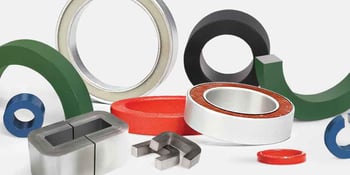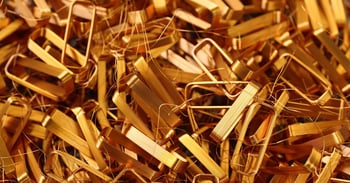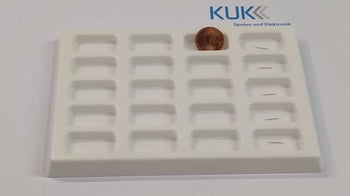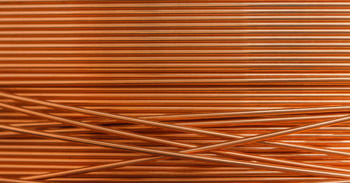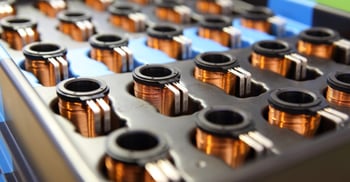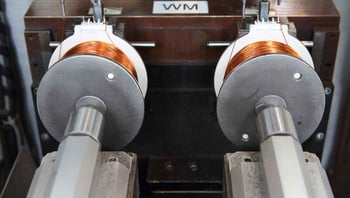Micro coil core materials: from amorphous to neodymium
Today, we're going to delve into the captivating world of micro coil core materials. Gaining an understanding of the various options available can truly enhance your coil-building journey. So, come along as we embark on an exploration of the realms of amorphous, nano-crystalline, and neodymium core materials, unveiling their distinctive characteristics in the process.
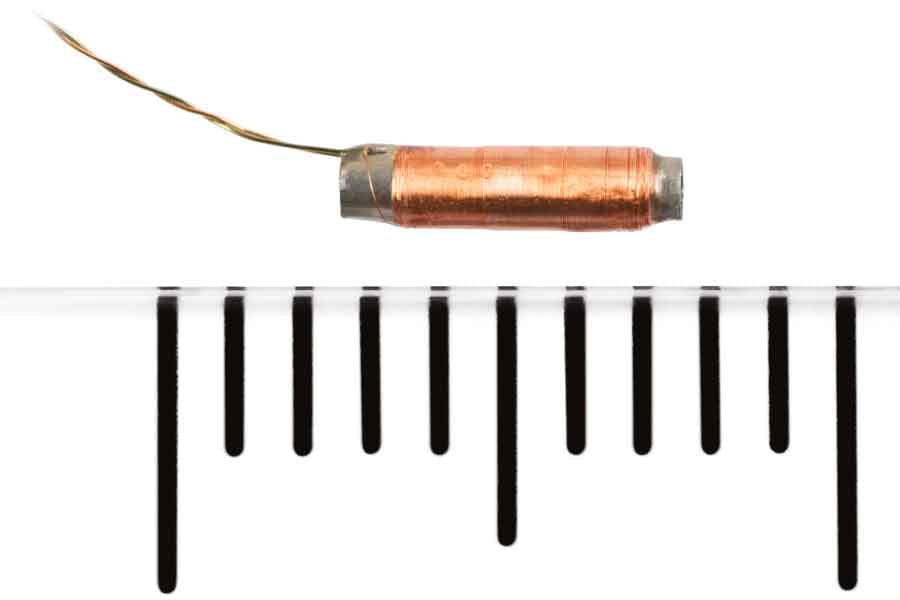
Micro coils are a fascinating subject that opens up a world of possibilities for many applications. The core material used in these coils plays a crucial role in their performance and efficiency. However, selecting the right core material can be a challenge due to the variety of options available. In this blog post, we will explore the different core materials used in micro coils and the challenges that arise when choosing the most suitable one.
Amorphous core material: an intriguing choice
Let's start our exploration with the fascinating amorphous core material. Imagine a material that lacks a definite atomic structure, giving it a rebellious and flexible nature compared to its crystalline counterparts. Pretty intriguing, right?
Amorphous core materials offer exceptional soft magnetic properties, making them perfect for applications where efficiency and low power losses are crucial. These materials operate at a wide range of frequencies, making them suitable for various electronic devices and power supplies.
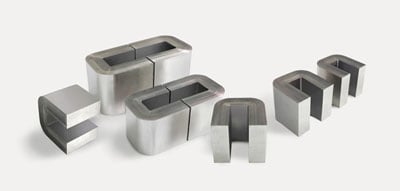 Amorphous core material manufactured by Magnetics
Amorphous core material manufactured by Magnetics
Nano-crystalline core material: the best of both worlds
Next, we have the nano-crystalline core material. Picture a material that combines the flexibility of amorphous materials with the stability of crystalline structures. It's like achieving the perfect harmony!
Nano-crystalline core materials are renowned for their superior magnetic properties and high saturation flux density. They exhibit low core loss and excellent thermal stability, making them ideal for power electronics, transformers, and inductors operating at high frequencies.
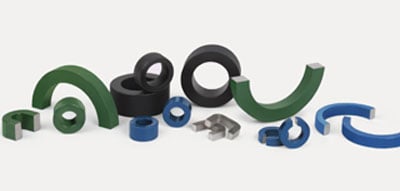 Nano-crystalline core material manufactured by Magnetics
Nano-crystalline core material manufactured by Magnetics
Neodymium core material: the marvel of magnetism
Lastly, we come to the mighty neodymium core material, the most powerful and widely used magnetic material in the world. Brace yourself, because we're entering the realm of magnetic marvels!
Neodymium core materials, also known as rare-earth magnets, possess an incredibly high magnetic strength. They are commonly found in applications such as speakers, headphones, and motors, where their superior magnetic properties and high remanence are highly valued.
Key take aways on core material selection for micro coils
By KUK Product Manager Roswitha Ritter:
Choosing the right core material for your micro coils
Now that we've explored these incredible core materials, you may be wondering which one is the right choice for your micro coils. Well, the answer isn't always straightforward. It depends on the specific requirements of your project and the desired performance characteristics.
For low-power applications that prioritize efficiency and flexibility, amorphous core materials are an excellent option. On the other hand, if you need low core loss and thermal stability in high-frequency applications, nano-crystalline core materials shine. And if you're seeking raw magnetic strength and high remanence, neodymium core materials are your best bet.
Conclusion
As our journey through the captivating world of micro coil core materials comes to an end, we hope you have gained a profound appreciation for their remarkable contributions to the realm of electronics. Understanding the unique characteristics and applications of amorphous, nano-crystalline, and neodymium core materials is essential for every engineer embarking on the design of micro coils. This knowledge forms the foundation for acquiring the perfect micro coils for your medical devices or sensors. It's worth noting that while the choice of core material may sometimes be unclear, embracing the possibilities and experimenting with different options can lead to the discovery of new horizons.


